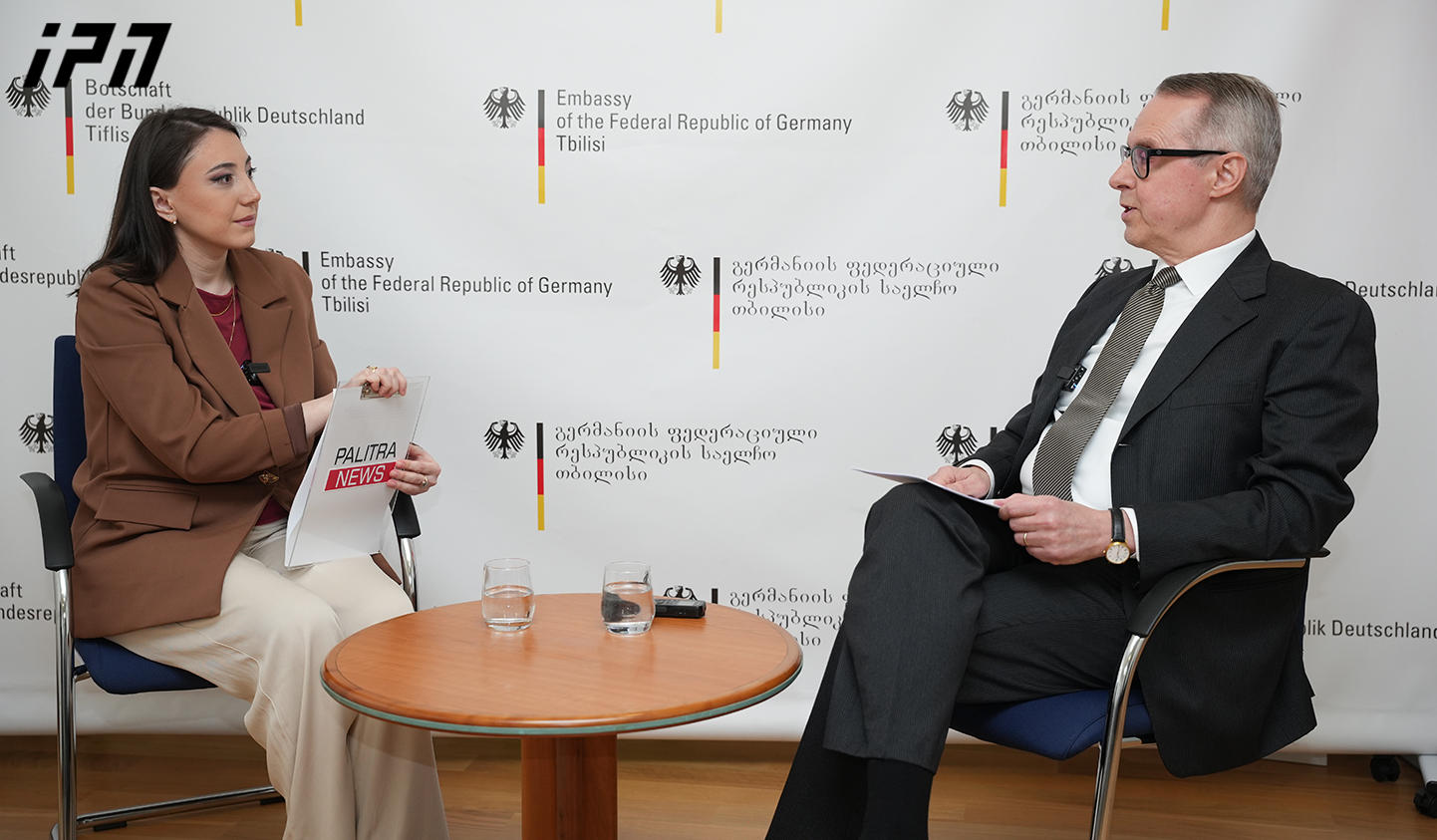Helsinki Commission: Georgia's "Georgian Dream" government adopts a more pro-Russian orientation

A report by the Helsinki Commission highlights concerns over the Georgian Dream government's shift toward illiberalism and a pro-Russian stance, contrasting with the pro-Western aspirations of the Georgian population.
In its report "Preparing for the Long-Term Threat of Russia," the Helsinki Commission noted that the South Caucasus, including Georgia, Armenia, and Azerbaijan, is at a critical juncture due to changing political and strategic dynamics. The report emphasized that Georgia, once seen as a reliable pro-Western ally with ambitions of joining the European Union and NATO, is experiencing significant shifts under the leadership of the Georgian Dream party.
The Commission's report points to the "Georgian Dream" government’s recent adoption of illiberal policies and its increasingly open ties to Russia, a move that contradicts the country's historically pro-Western orientation. The report underscored the growing divide between the government’s actions and the will of the Georgian people, who largely favor integration with the EU and NATO.
This rift was particularly evident during the spring of 2024, when mass protests erupted in response to the government's introduction of a "Foreign Agents" law modeled after similar Russian legislation. The law, which aimed to impose stricter regulations on organizations receiving foreign funding, sparked widespread opposition. Approximately 300,000 Georgians participated in the protests, demonstrating the public's resistance to the government's perceived pro-Russian direction.
The Helsinki Commission warned that these developments are contributing to instability in the region, where Russia maintains a military presence. Despite reductions in Russian forces due to its ongoing war against Ukraine, the combination of an anti-Western government in Georgia and its increasing alignment with Russia poses risks for regional security and the country’s international relations.
